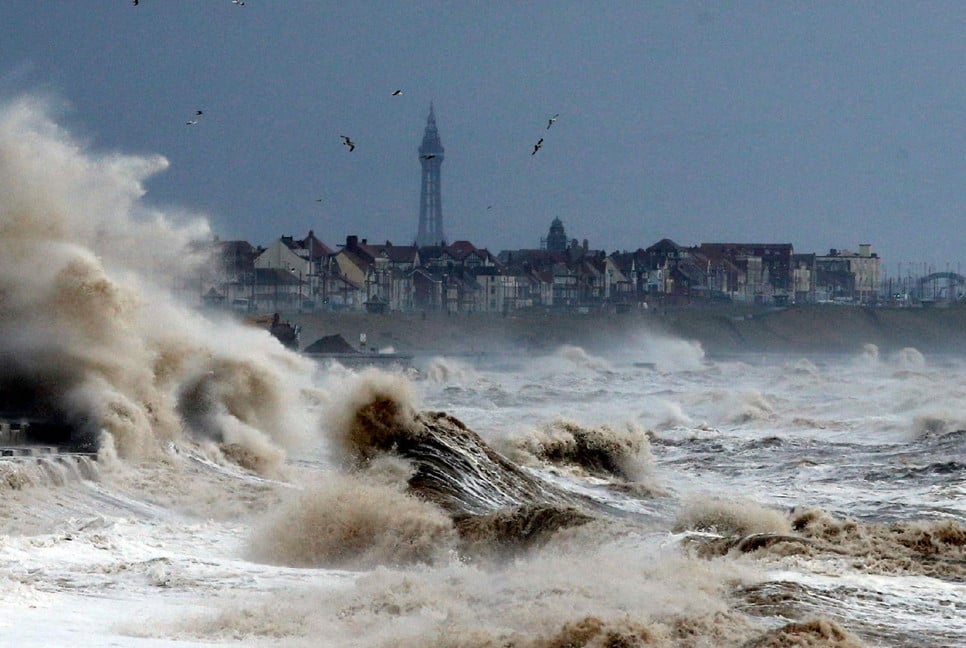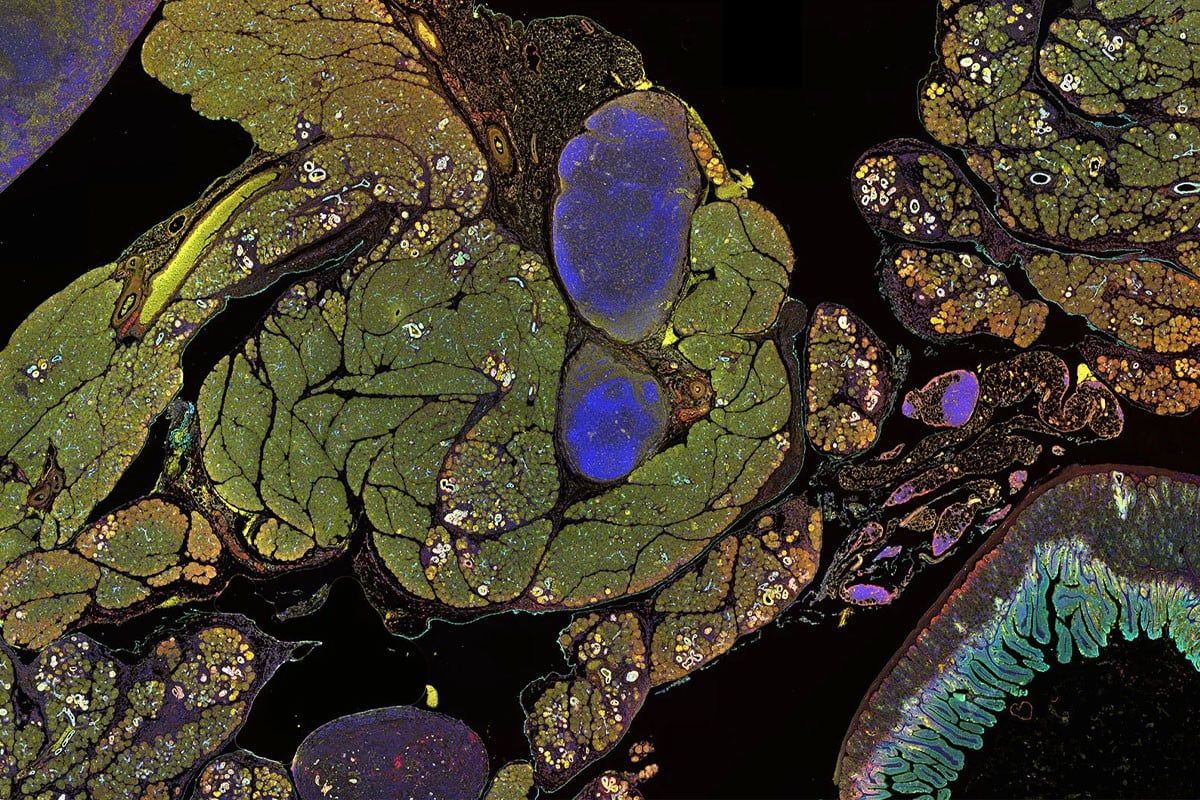The oceans transport enormous quantities of water, heat, chemicals, and microscopic organisms across the globe, with one specific ocean current playing a critical role in sustaining life on Earth.
The Atlantic Meridional Overturning Circulation (AMOC) is essential for maintaining the planet's temperature regulation.
Scientists measure it using scientific instruments deployed in different latitudes across the north and South Atlantic Ocean.
Studies suggest that the Atlantic Meridional Overturning Circulation (AMOC) could slow down or even stop, which could cause serious climate problems and lead to more extreme weather.
The National Oceanography Centre in Southampton has been studying the AMOC for 20 years and thinks it will take at least 10 more years to confirm if current climate models, which predict future weather, are accurate.
Dr. Ben Moat, a physical oceanographer at NOC, recently returned from a two-week trip to the western Atlantic. He and his team were maintaining equipment near the Bahamas, off the island of Abaco, to observe the AMOC.
He said: "We do this by a series of tall moorings that go from the sea bed at 4,000m to close to the ocean surface, around 50m.
"We also have these tall moorings on the eastern side of the Atlantic, around the Canary Islands."
Royal Research Ship Discovery works 24 hours a day, and there are 55 people on board, including 28 scientists.
Dr Moat said: "We bolt maybe 20 to 25 instruments onto the wire and they measure the temperature of the water, the pressure or the depth that those instruments are at and we also measure the salinity, so how salty the ocean is."
Scientists use these measurements to inform climate models, which give them a glimpse into the future.
"When the first data started coming back in 2005 and 2006, this observational system we have here, it revolutionised our understanding of this ocean circulation," Dr Moat said.
"We can make measurements here, now but we can't make measurements in to the future.
"We have to use big mathematical climate models and they predict that in to the future this ocean circulation will weaken."
The AMOC moves 17 million cubic metres of warm water every second, north along the ocean surface, returning cold water through the ocean depths.
This distributes 1.2 petawatts of heat, the equivalent to the energy flowing through one million power stations.
It exchanges heat, water and carbon with the atmosphere, helping to control our weather in Europe and marine ecosystems.
Climate change is causing the planet to warm. With the simultaneous warming of the seas, the ocean's capacity to take up carbon dioxide and store it will decrease.
Dr Tillys Petit, who is a research scientist at the NOC and who was also on board RRS Discovery, said: “A decline in the AMOC would have huge consequences for our climate because it directly regulates our climate”
“The idea is to have these moorings at two sides of the Atlantic to be able to measure the AMOC.”
"The rate at which heat transports northwards towards the arctic."
Source: BBC
Bd-pratidin English/ Afia




































































